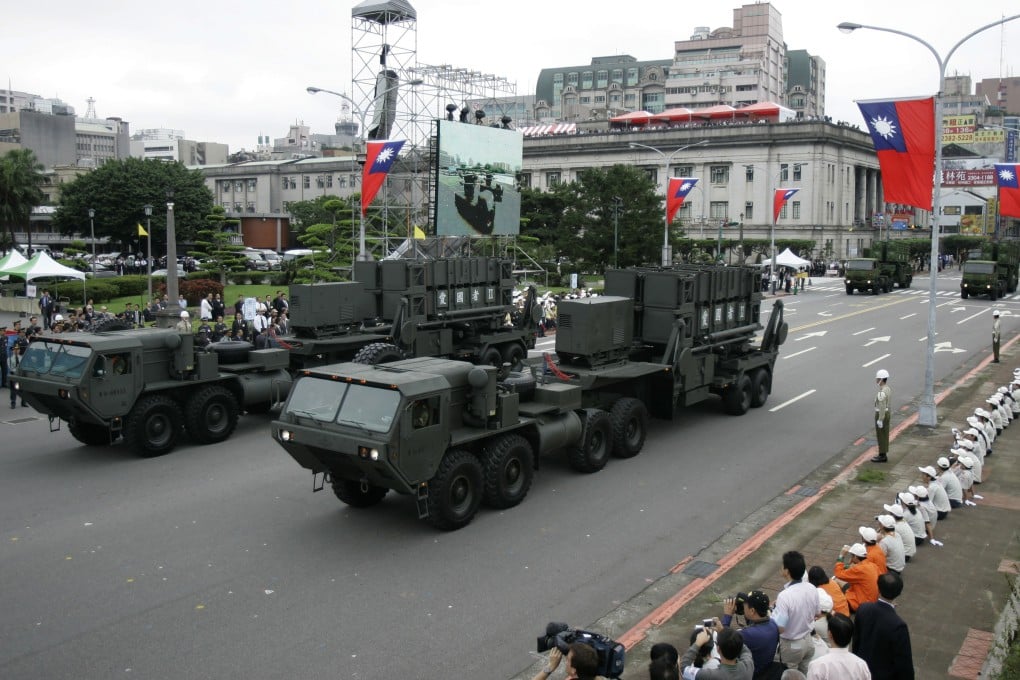US lawmakers consider actions to increase support for Taiwan
- ‘Ukraine should serve as a wake-up call to get our act together and arm Taiwan to the teeth,’ one representative on the House Foreign Affairs Committee says
- Other suggestions include instituting Pentagon dialogues with Taipei and economic deterrence aimed at Beijing

US lawmakers discussed measures on Thursday that Washington should take to help defend Taiwan against any moves by mainland China’s military, including expedited weapon sales meant to arm Taipei “to the teeth”.
Suggestions made at a House Foreign Affairs Committee hearing included US-Taiwan defence dialogues similar to what the Pentagon conducts with Japan and South Korea. The hearing was called to examine the implications of Russia’s war on Ukraine on US policy in the Indo-Pacific.
“Ukraine should serve as a wake-up call to get our act together and arm Taiwan to the teeth,” Representative Steven Chabot of Ohio, the committee’s senior Republican, said.
Chabot contended that “this committee could authorise security assistance to bolster Taiwan’s defensive investments and get it the arms it needs”.
“We could also enact specific reforms to speed up the delivery of arms to Taiwan, including ones that [Taipei] has already bought and paid for,” Chabot said.
“We do not have regular sustained defence planning dialogues with Taipei, like we do with Japan and Korea and Nato. We should work with the Armed Services Committee to institute those immediately.”
